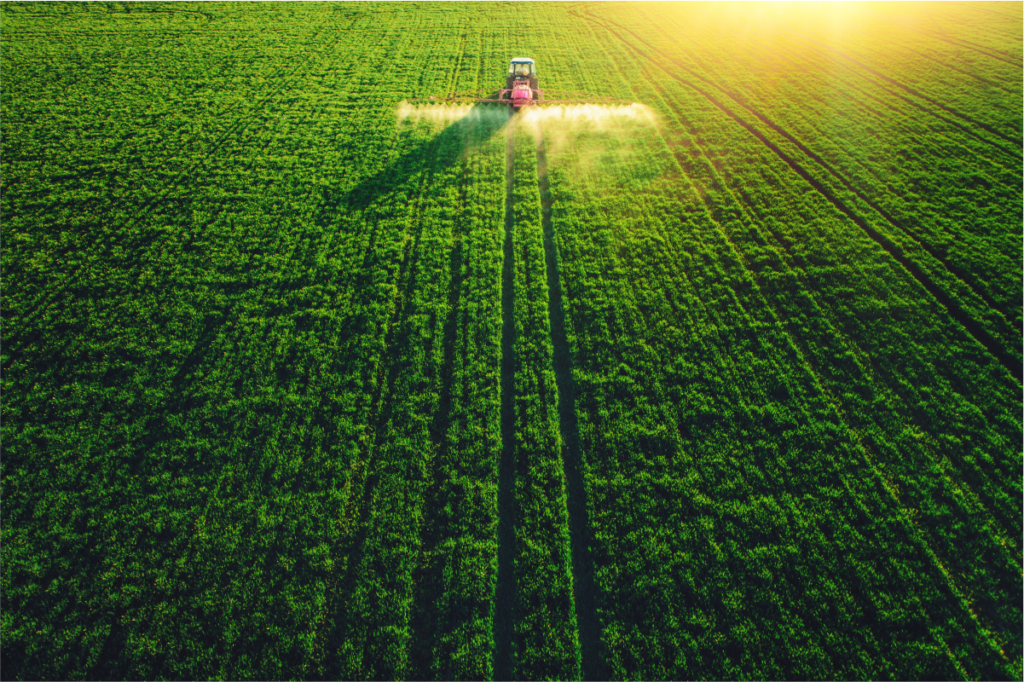Land ownership in America is rarely just about real estate—especially when it comes to farmland. It’s often about legacy, family history, and long-term stewardship of the land. But when it comes time to transition that land—whether due to estate planning, retirement, or changes in family dynamics—landowners are often confronted with a tough decision: sell the farm and take the tax hit, or keep it and risk family disputes or financial complications. For some, placing the property in a farmland fund offers a third path—one that preserves both the land’s value and its legacy while potentially easing the financial and emotional burden of transition.
Fortunately, there’s a lesser-known option that’s helping families protect both their legacy and their balance sheets. The 721 exchange—anchored in a decades-old section of the IRS tax code—is giving row crop landowners a third path. Through the Legacy Farmland Fund, managed by Sower, landowners can contribute their property in exchange for units in a professionally managed farmland fund. It’s a creative solution with real-world impact.
“We’re not inventing something new,” explains Ethan Branscum of Sower Legacy Farmland Fund. “Section 721 has been in the tax code since the 1950s. But what we’ve done is build a vehicle that actually makes it usable for farmland owners.”
From Family Farm to Fund: A New Way to Transition Land
Ethan grew up in Marshall, Arkansas, on a cow-calf operation and family-run hardwood lumber mill. His deep roots in agriculture gave him a firsthand view of the challenges family farms face—especially when it’s time to pass them down. Now based in Omaha with Sower, he helps landowners solve those very challenges.
“We were seeing families torn apart when land came up for sale,” Ethan says. “Siblings fighting over how to split things, operators getting pushed out of ground they’ve farmed for decades, and everyone worried about massive capital gains taxes.”

As more land is converted for solar, wind, or development—and as aging landowners navigate important transition decisions—tools like the 721 exchange are becoming increasingly relevant.
That’s where the 721 exchange comes in. Rather than selling the land, landowners contribute it to Sower’s Legacy Farmland Fund and receive an equivalent value in partnership units—basically shares in the fund. “You’re not selling land for cash,” Ethan says. “You’re swapping land for equity in a portfolio of farmland.”
The Benefits: Tax Deferral, Liquidity, and Flexibility
The benefits of a 721 exchange go beyond avoiding a big tax bill. Landowners can hold onto their units, sell them gradually over time, or even use them as collateral.
“You’ve got more flexibility,” says Ethan. “Instead of being forced to sell everything at once and deal with a massive tax burden, you can control the pace of liquidity. We even offer the option to borrow against your units.”
That lending option has proven especially valuable. “Let’s say you own a $5 million farm and a neighboring piece of ground comes up for sale,” Ethan explains. “You can exchange your current land into the fund, defer taxes, then use those shares as collateral to finance the new purchase.”
It’s not just a tax tool—it’s a strategic financial move.
Solving Real Problems: A Family Case Study
One recent deal highlights just how impactful this structure can be. A 200-acre farm in the Midwest had been owned by a couple with five children. Only one returned to work the land. When the parents passed, the four siblings who weren’t farming wanted to sell.
“He could afford to buy part of it, but not all of it,” Ethan says. “If it went to auction, he risked losing access to the land. So we stepped in. The siblings exchanged their portion into the fund and got their shares. He kept farming the land and retained the exclusive lease.”
Even better, the farmer secured the right to repurchase the property from the fund in the future. “It gave him time—time to farm, to save, and hopefully buy that land back when the economics make sense.”
Rights Reserved: Keeping the Connection to the Land
One of the most unique features of the Legacy Farmland Fund is its flexibility in allowing landowners to retain certain rights—even after exchanging the land.
“We’re not in the hunting business,” Ethan says. “So if you’ve duck hunted that farm your whole life and want to keep doing that, we’ll write that into the deal.”
In addition to recreational rights, landowners can reserve the first right of refusal to lease or repurchase the land. “If your situation changes, we want you to have the ability to farm that land again or buy it back,” Ethan says. “This is about legacy, not just dollars.”
Understanding the Trade-Offs
A 721 exchange isn’t for everyone. Landowners should carefully weigh the pros and cons—and Ethan is quick to point that out.
“You are giving up a little bit of cash yield,” he explains. “You’re paying a management fee—around 0.95%—so you won’t get the full rent you’d get leasing it yourself. But in return, you get diversification, professional management, and peace of mind.”
That management covers everything from lease negotiations and rent collection to capital expenditures like installing new pivots or leveling fields. “You’re not responsible for CapEx anymore—we are,” Ethan says. “You can step back and let us handle the operational side.”
What Kind of Land Qualifies?
Right now, the fund is only set up for row crop farmland. While that excludes timberland and permanent plantings, Ethan says there’s room to get creative. “We’ve looked at hybrid properties with some pasture or timber,” he explains. “As long as the economics make sense and the land hits our 2% dividend yield target, we’re open.”
There’s no hard floor on deal size either. “We used to think $3 million was the minimum,” Ethan says. “But with land values today, even a 40-acre property can be worth well over $1 million. We’ll look at any deal, big or small, if it fits.”
The Application Process: Simpler Than You Might Think
For landowners interested in exploring a 721 exchange, the process begins with a conversation. “It usually starts with a phone call,” Ethan explains. “We want to understand your goals—what do you want this to accomplish?”

Along with recreational rights, landowners can also retain the first right of refusal to lease or buy back the property.
From there, Sower evaluates the land, examines lease agreements, and coordinates with your estate planner or CPA to ensure the strategy is sound. “We’re not here to replace your tax advisor,” Ethan says. “But we’ll work hand-in-hand with them to make sure everything’s structured properly.”
The entire process—from first conversation to closing—can be completed in 60 to 90 days.
Who Should Consider a 721 Exchange?
While not every landowner will benefit, Ethan says there are clear indicators that the strategy could be a fit.
“If you’re going through estate planning, have multiple heirs, or you’re ready to step away from farming but want to preserve the value—you should consider it,” he says. “And even if you’re still farming, there are ways to use your units to finance future operations.”
The approach works especially well for families trying to avoid big tax hits and intergenerational conflict. “If you want to preserve family harmony and avoid fights over who gets what, this gives everyone flexibility,” Ethan adds.
Looking Ahead: A Changing Landscape for Farmland
As more acres convert to solar, wind, or development, and as aging landowners face transition decisions, tools like the 721 exchange are becoming more relevant than ever.
“We’ve had incredible response since launching this fund,” Ethan says. “People are looking for smarter, cleaner ways to transition their land—and this gives them that option.”
His advice to landowners? Start the conversation early. “Even if you’re not ready to make a move today, it’s worth understanding your options. The worst time to plan is in a crisis.”
A Final Word
“This isn’t just a tax play,” Ethan says. “It’s about keeping families connected to their land, while giving them more control over how and when they pass it on. If we can help landowners stay rooted and avoid unnecessary stress—that’s a win for everyone.”
For landowners facing a crossroads, a 721 exchange into a farmland fund might just be the tool that helps secure not only their financial future—but their family legacy too.


